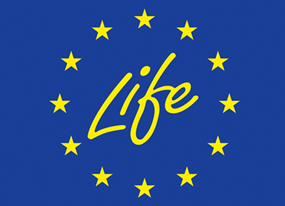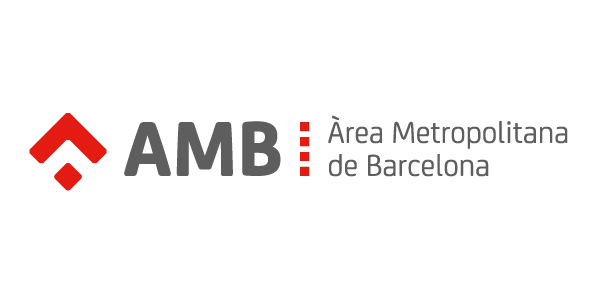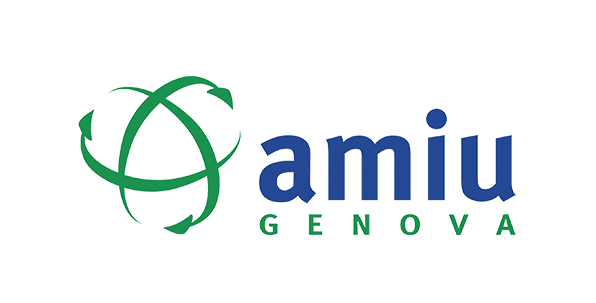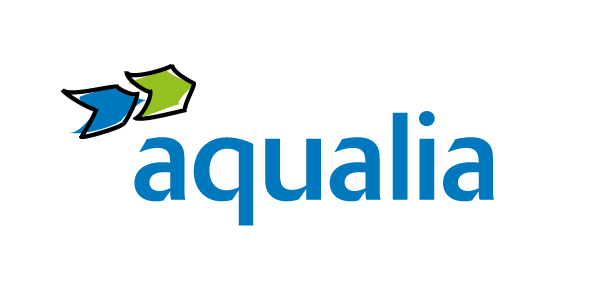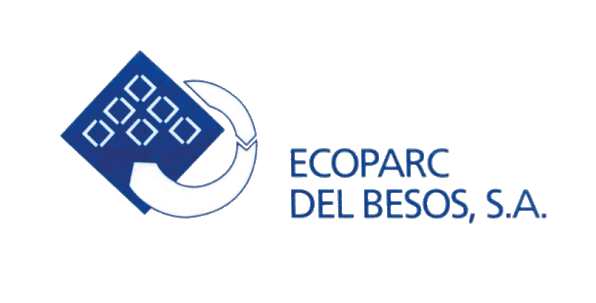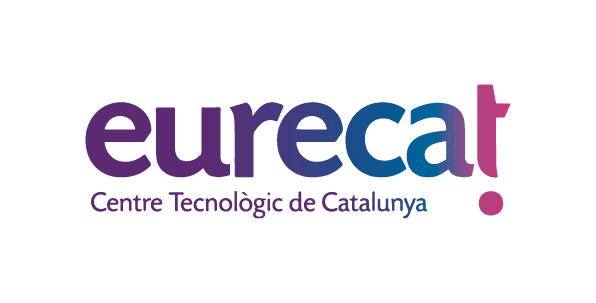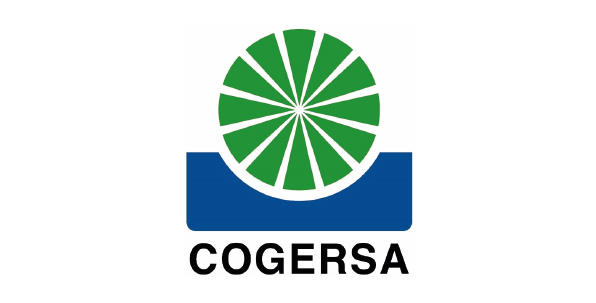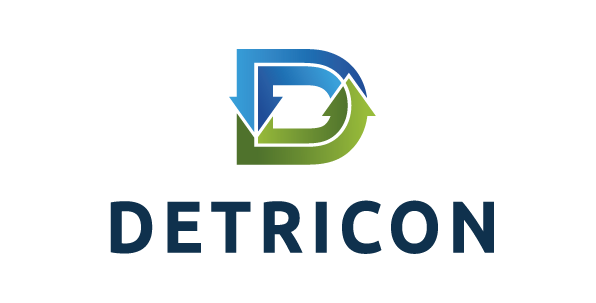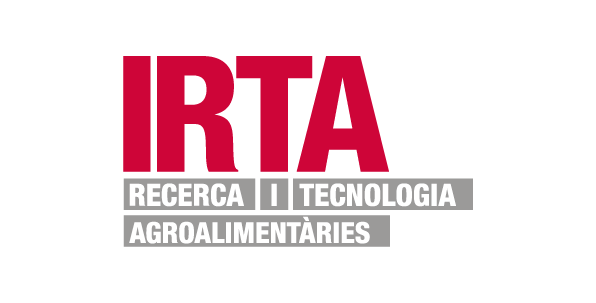The world has an enormous waste problem: 1.3 billion tons of municipal solid waste (MSW) are generated globally per year and it is expected to almost double to about 2.2 by 2025. In 2015-2017, the EU generated 0.25 billion tons of MSW, 25 % of which was landfilled. Landfilling has been established as the most common treatment option for unsorted MSW due to its low exploitation and capital costs. Although today the EU promotes near-zero discharge, leachate will continue to be generated long-term in closed landfills and after-close costs for its management for 30 years should be considered. Landfill leachate management is a major engineering challenge due to high and variable concentrations of toxic and polluting components. Landfill leachate and the liquid digestate from organic fraction municipal solid waste (OFMSW) are considered wastewater (WW) and they must be treated prior to its discharge or reclamation; thus, the removal of organic matter and ammonium is always required. Although the original goal of wastewater treatment was to eliminate contaminants and protect receiving water quality, today’s resource scarcity is a key reason why WW treatment should switch to a circular economy approach.
LIFE INFUSION
The LIFE INFUSION project is co-funded by the LIFE Programme of the European Union under contract number LIFE19 ENV/ES/000283.
The information published in this web page reflects only the LIFE INFUSION project beneficiaries’ views and work. The European Commission is not responsible for any use that may be made of the information it contains.

